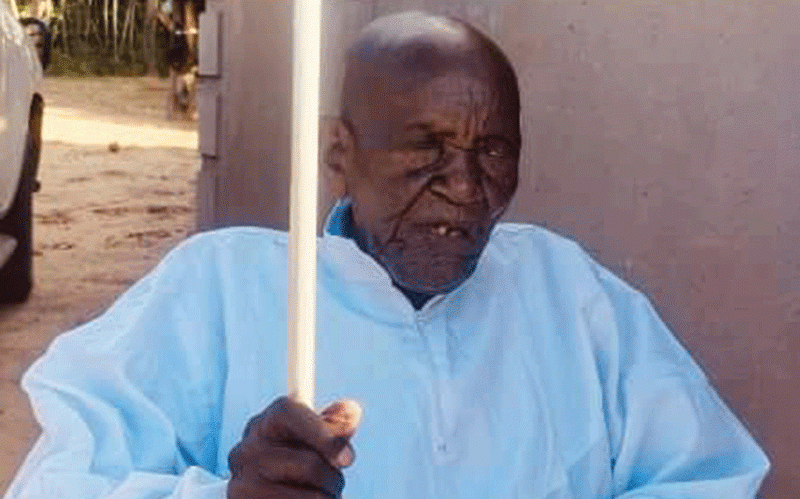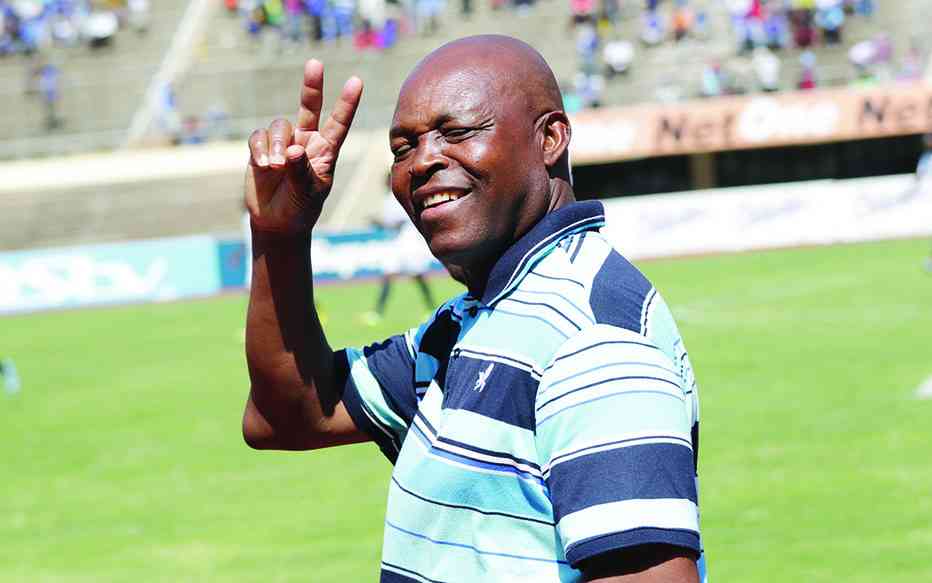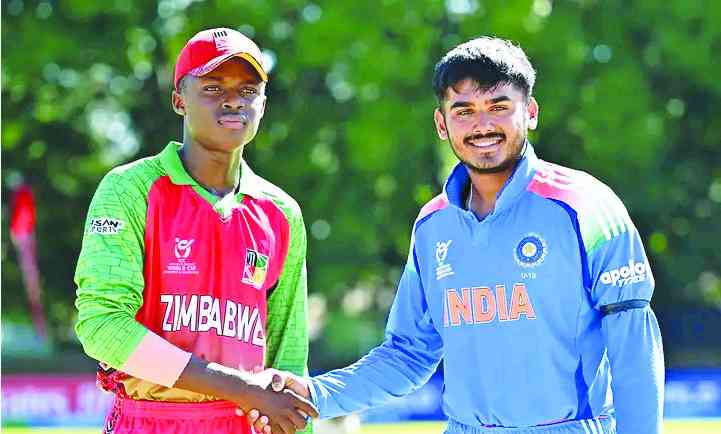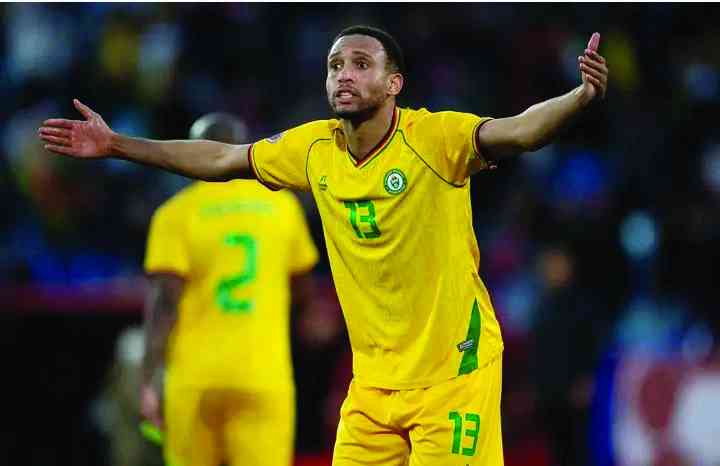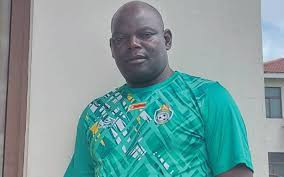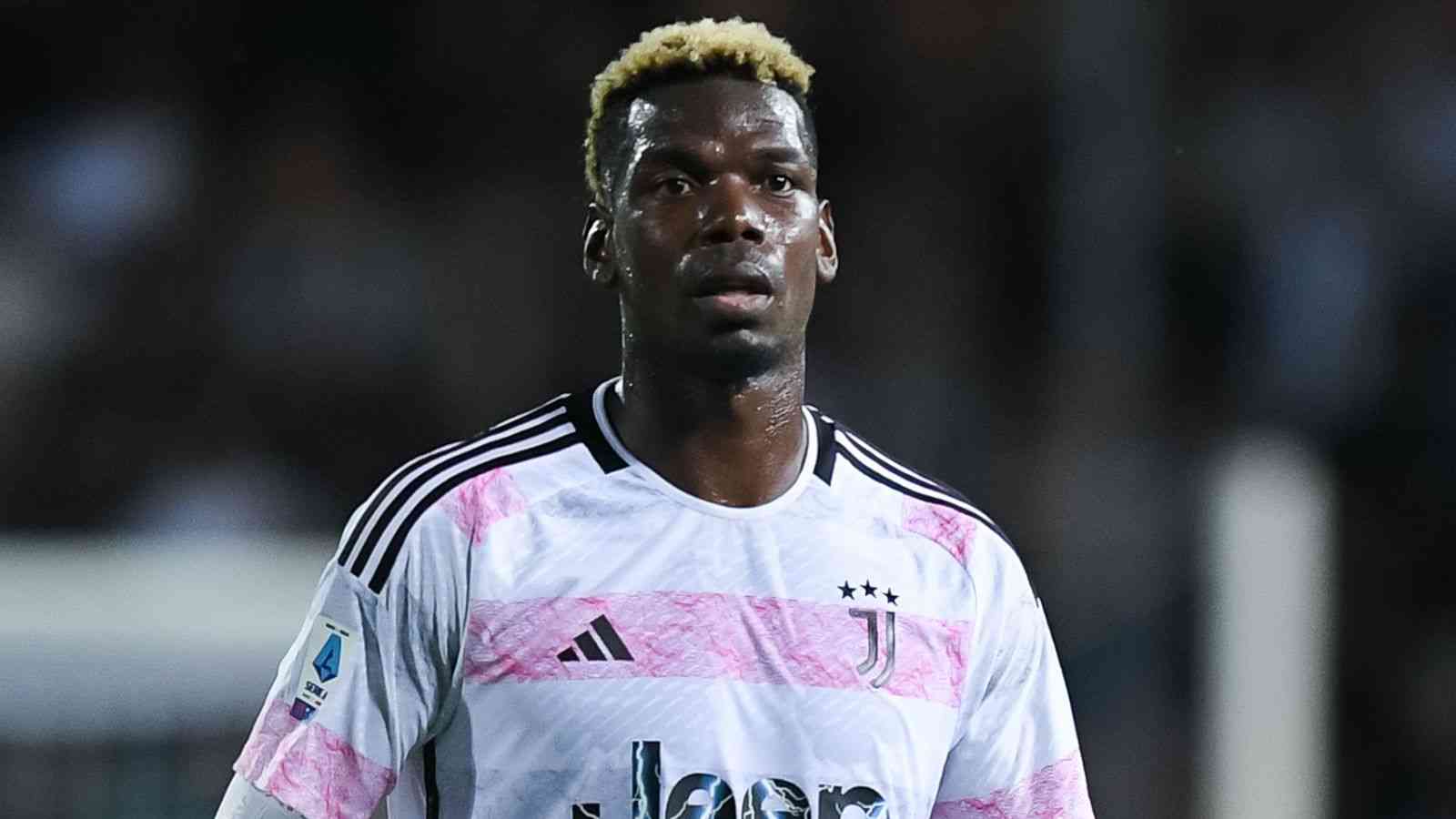
Juventus midfielder Paul Pogba has been given a four-year ban after the World Cup winner tested positive for doping, reports Sky in Italy
Italy's National Anti-Doping Tribunal (TNA) accepted the request of the Anti-Doping Prosecutor's Office to hand out the four-year ban - which is the standard length of ban under the World Anti-Doping Code (WADA).
The ban starts from when Pogba first tested positive, so the France international is banned until August 2027. He will be 34 years old when the ban stops, raising doubts over whether his career will continue after that.
According to Sky in Italy, Pogba will appeal against this decision to the Court of Arbitration of Sport (CAS) in Lausanne. Should Pogba take the ruling to CAS to judge on, then WADA will appeal against that. A final judgement could end up at the Swiss courts.
The 30-year-old Juventus player was suspended as a precaution in September 2023 after being found positive for testosterone metabolites last August, following Juventus' game at Udinese on August 20. The France international did not play in the Serie A match but was on the Juventus bench.
Sky Sports News reported in October that Pogba would fight to clear his name, after testing positive for Dehydroepiandrosterone (DHEA) - a compound that promotes the production of hormones in the body including testosterone. Pogba's agent Rafaela Pimenta insisted "Paul never wanted to break the rules".
After his initial suspension, Pogba asked for counter-analysis to be made on his positive doping test but those results also returned a positive result.
In December, anti-doping prosecutors in Italy requested the maximum four-year ban following his positive doping test.
- Yadah opens Juventus avenues
- Juventus' Statistical Journey in Serie A: An Exhaustive Examination
- Zemura on the verge of Serie A history
- We have kindergartens and not academies
Keep Reading
Pogba opted not to make a plea bargain with the anti-doping agency, meaning the case was tried before the country's anti-doping court.
A four-year anti-doping ban can be reduced in cases where an athlete can prove it was not intentional, was the result of contamination, or if they can provide "substantial assistance" to help investigators.

